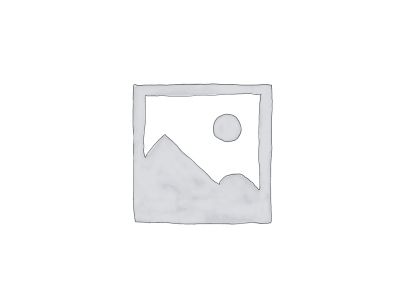Description
VOLVO PENTA ENGINE ANODE BRASS PLUG 800716P
Product Overview :
Anodes provide cathodic protection in varying marine environments such as salt water, freshwater, and brackish water. Our sacrificial anodes conform to the highest Mil-Spec standards and come in a variety of shapes and sizes. Depending on the type of metal and water we offer zinc, aluminum, and magnesium galvanic anodes for all of your underwater cathodic protection needs.
Marine engines are typically composed of varying metals and alloys that wear out from rust and corrosion at different rates. To lower the rate of corrosion to improve the longevity of the marine engine, zinc rods and engine anodes will be used. Volvo Penta Engine Anode will have a threaded end with a brass plug 800716P for easy attachment to marine engines and metal components.
Using Zinc Volvo Penta Engine anodes 00716 with brass plug 00716P allow equipment that is under heavy use to keep going to complete maritime operations. Many marine engines are fitted with zinc pencil engine anodes to help protect against internal corrosion. Brass plugs for engines usually have NPT threads. When used to hold anodes they are bored with UNC threads instead.
Key Features
- External threads are measured by NPT standards. Internal threads are UNC standard
- Engine anodes with brass plug Provides cathodic protection to the engine and ancillaries
- Dimensional accuracy and Sturdiness
- Meets or exceeds US Military Specification (MIL-A-18001K)
- Pencil anode is available separately
For the Pencil anode order 2001800716
Installation
The anode must be in direct contact with the metal it protects : never paint around an anode or the anode itself.
When Should Anodes Be Replaced ?
Anodes deterioration rate may fluctuate according to the mooring area, water salinity, PH and temperature, potential electrical failure on board, and of course, the quality of the anodes themselves.
A good benchmark for replacement is when the anode is 70-80 % dissolved. We recommend to replace anodes every year when doing the boat antifouling/launching. In all cases, anodes deterioration should always be watched carefully together with the condition of the metal parts they protect. On the opposite, anodes may dissolve quickly if they are bad quality or if there is an electrical failure on.
Please feel free to contact us if you don’t see the item you require, or if you are not sure of the anode you need.

